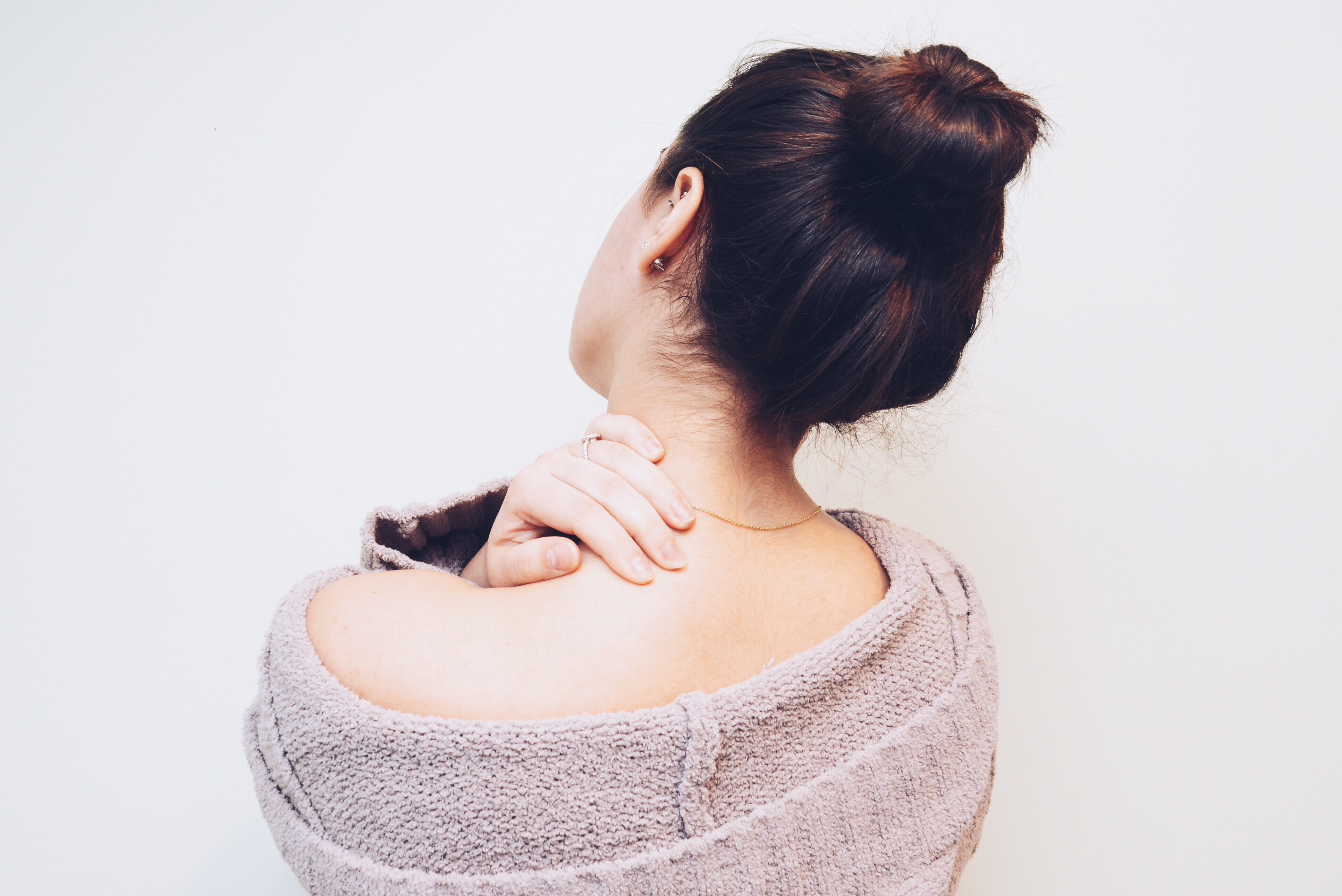
A long night of refreshing, restorative sleep can make you feel invincible, so waking up with lower back pain can be a pretty wretched way to start your day.
Recent studies have shown that 50–80% of the US population experiences lower back pain at least once throughout their lives. Check out 5 common reasons why people experience lower back pain after sleeping —and what you can do about it.
1. Your sleeping position
Sleeping on your stomach is one of the most common causes of lower back pain. It flattens the natural curvature of your lumbar spine and intensifies the pressure on your joints and vertebrae, straining your back muscles and causing you to experience lower back pain after sleeping. Try sleeping on your side or back to ease the strain. Alternatively, you could sleep with a pillow underneath or between your legs so that your lower back gets some extra support. If you really can’t get to sleep without being on your belly, place a pillow beneath your stomach to relieve some of the pressure.
2. Your pillow
Some pillows don’t adequately support the neck. This is especially true of the soft feather pillows that many people prefer. The issue mostly comes down to spinal alignment. If your pillow doesn’t support your neck (because it’s either too soft or too thick), then your cervical spine can be pulled out of alignment as you sleep, straining your neck and shoulder muscles and forcing your lower back into an unnatural position. To keep your spine aligned and straight throughout the night and stop yourself from waking up with lower back pain, choose a specialist orthopedic pillow. Alternatively, a full body pillow can provide extra support by molding itself to the contours of your body. Memory foam pillows can also help, as can pillows made from buckwheat, a malleable and adjustable material.
3. Your mattress
Your mattress could also be the cause of lower back pain after sleeping. Mattresses that are too firm do not conform to your body’s shape, leaving your lower back unsupported. Conversely, mattresses that are too soft are prone to sagging and provide little support for the lumbar region. It’s not really about firmness; it’s about support. Memory foam mattresses are a great solution, cradling the natural curves of your body and keeping your back supported through the night. It’s also worth remembering that mattresses become less supportive as they get older—the Better Sleep Council recommends replacing your mattress after approximately seven years.
4. Your existing health problems
A wide range of existing health and fitness problems can cause you to wake up with lower back pain after sleeping. Some of the main culprits include:
- Inflammatory back pain (IBP): While a precise definition is elusive, IBP has been suggested as the cause of morning stiffness or pain. It can be caused by certain autoimmune diseases.
- Chronic low-grade inflammation (inflammaging): This inflammation increases in severity with age.
- Myofascial pain syndrome: A type of muscle pain that affects the fascia (the connective tissues which cover your muscles), this may cause lower back pain.
- Fibromyalgia: This condition is a long-term neurological disorder that can cause pain all over your body, including in your lower back.
- Vitamin D deficiency (osteomalacia): A lack of vitamin D has been linked to aching back bones.
If you think you may be suffering from any of these health problems, a visit to a doctor may help you set your mind at rest.
5. Your way of getting out of bed
Although it sounds relatively inconsequential, getting out of bed the wrong way can add to feelings of lower back pain after sleeping. Lots of people sit up and immediately twist their back to face the side of the bed they’re getting out of, before using the muscles in their back to stand. This position isn’t correct, and it can end up straining your lower back. The right way to do it is to roll onto your side and push yourself up using your arm, then use your legs to get into a standing position. Simple enough.
There are just as many solutions to waking up with lower back pain as there are potential causes, so if you’re able to identify the problem and work out a solution, there’s no reason why you shouldn’t be able to enjoy a peaceful night’s sleep.



